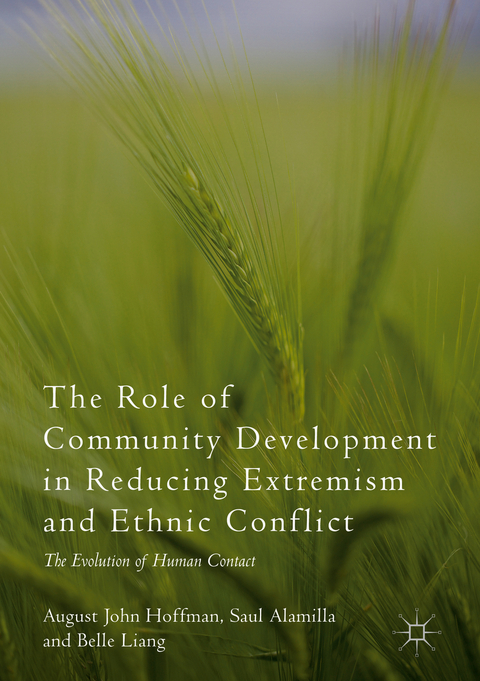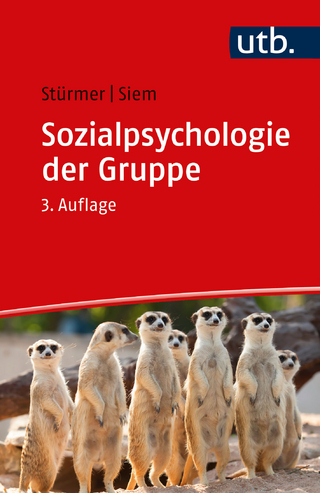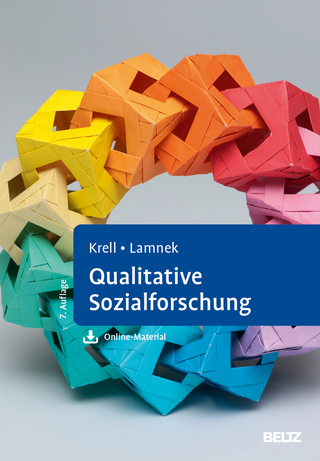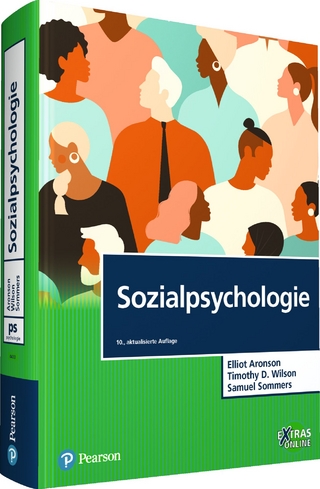
The Role of Community Development in Reducing Extremism and Ethnic Conflict
Springer International Publishing (Verlag)
978-3-319-75698-1 (ISBN)
August John Hoffman is Professor of Psychology at Metropolitan State University, USA, and President of the IFO Faculty Association. Saul Alamilla is Associate Professor of Psychology at Kennesaw State University, USA. Belle Liang is Professor in the Counseling and Developmental Psychology Program at the Lynch School of Education at Boston College, USA.
1. Introduction: "Society and the Role of Community Development: Providing Opportunities of Engagement".- 2. Community Development, Stewardship Activities and Volunteerism: How "Connectedness" and Interdependency Help Strengthen Communities.- 3. The Virtues of Community Development: Teaching Communities the Inherent Benefits of Community Service Work Activities".- 4. The History of Aggression and Ethnic Conflict: Why Polarization Fuels Hate and Violence.- 5. The Evolution of Aggression: Why Religious and Territorial Conflict has Existed for Centuries.- 6. Restorative Justice and Community Development: The Pathway to Justice.- 7. Cultural Dimensions of Extremism: Perceptions of Similarity and Dissimilarity as Factors that Influence Social Integration and Reduced Conflict.- 8. The Evolution of Altruism and Prosocial Behaviors: How Helping Others Helps Us.- 9. The Role of Interdependency and Conflict: We Need to be Needed.- 10. The Mechanics of Community Service Work Activities: Howto Implement in Schools and Communities.- 11. Redefining the Role of Law Enforcement: Creating Coalitions within the Community.- 12. Conclusion: Understanding the Virtues of Community Service Work: Biology is Not Our Destiny.
| Erscheinungsdatum | 14.06.2018 |
|---|---|
| Zusatzinfo | XI, 163 p. 10 illus., 9 illus. in color. |
| Verlagsort | Cham |
| Sprache | englisch |
| Maße | 148 x 210 mm |
| Gewicht | 360 g |
| Themenwelt | Geisteswissenschaften ► Psychologie ► Sozialpsychologie |
| Naturwissenschaften ► Biologie ► Ökologie / Naturschutz | |
| Schlagworte | community engagement • Community Psychology • Community Service Work • ethnic conflict • Ethnocentrism • Evolutionary Psychology • hate crimes • Interdependency • Prosocial behavior • Social Psychology • superordinate goals • volunteerism |
| ISBN-10 | 3-319-75698-2 / 3319756982 |
| ISBN-13 | 978-3-319-75698-1 / 9783319756981 |
| Zustand | Neuware |
| Haben Sie eine Frage zum Produkt? |
aus dem Bereich


